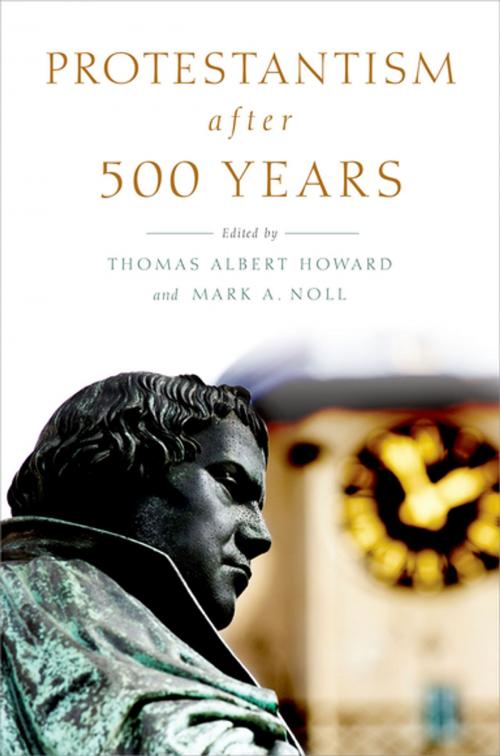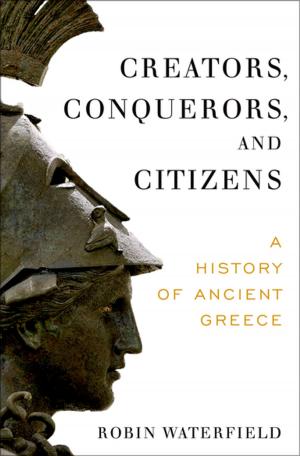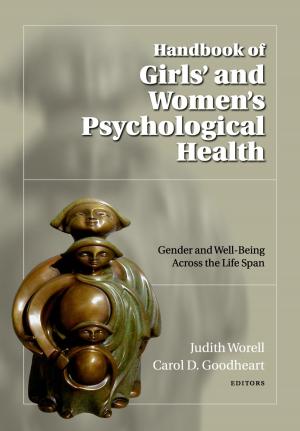Protestantism after 500 Years
Nonfiction, Religion & Spirituality, Christianity, Church, Church History, Theology| Author: | ISBN: | 9780190612641 | |
| Publisher: | Oxford University Press | Publication: | July 1, 2016 |
| Imprint: | Oxford University Press | Language: | English |
| Author: | |
| ISBN: | 9780190612641 |
| Publisher: | Oxford University Press |
| Publication: | July 1, 2016 |
| Imprint: | Oxford University Press |
| Language: | English |
The world stands before a landmark date: October 31, 2017, the quincentennial of the Protestant Reformation. Countries, social movements, churches, universities, seminaries, and other institutions shaped by Protestantism face a daunting question: how should the Reformation be commemorated 500 years after the fact? In this volume, leading historians and theologians, Protestant and Catholic, come together to grapple with this question and examine the historical significance of the Reformation. Protestantism has been credited for restoring essential Christian truth, blamed for disastrous church divisions, and invoked as the cause of modern liberalism, capitalism, democracy, individualism, modern science, secularism, and so much else. This book examines the historical significance of the Reformation and considers how we might expand and enrich the ongoing conversation about Protestantism's impact. The contributors conclude that we must remember the Reformation not only because of the enduring, sometimes painful religious divisions that emerged from this era, but also because a historical understanding of the Reformation is necessary for promoting ecumenical understanding and thinking wisely about the future of Christianity.
The world stands before a landmark date: October 31, 2017, the quincentennial of the Protestant Reformation. Countries, social movements, churches, universities, seminaries, and other institutions shaped by Protestantism face a daunting question: how should the Reformation be commemorated 500 years after the fact? In this volume, leading historians and theologians, Protestant and Catholic, come together to grapple with this question and examine the historical significance of the Reformation. Protestantism has been credited for restoring essential Christian truth, blamed for disastrous church divisions, and invoked as the cause of modern liberalism, capitalism, democracy, individualism, modern science, secularism, and so much else. This book examines the historical significance of the Reformation and considers how we might expand and enrich the ongoing conversation about Protestantism's impact. The contributors conclude that we must remember the Reformation not only because of the enduring, sometimes painful religious divisions that emerged from this era, but also because a historical understanding of the Reformation is necessary for promoting ecumenical understanding and thinking wisely about the future of Christianity.















